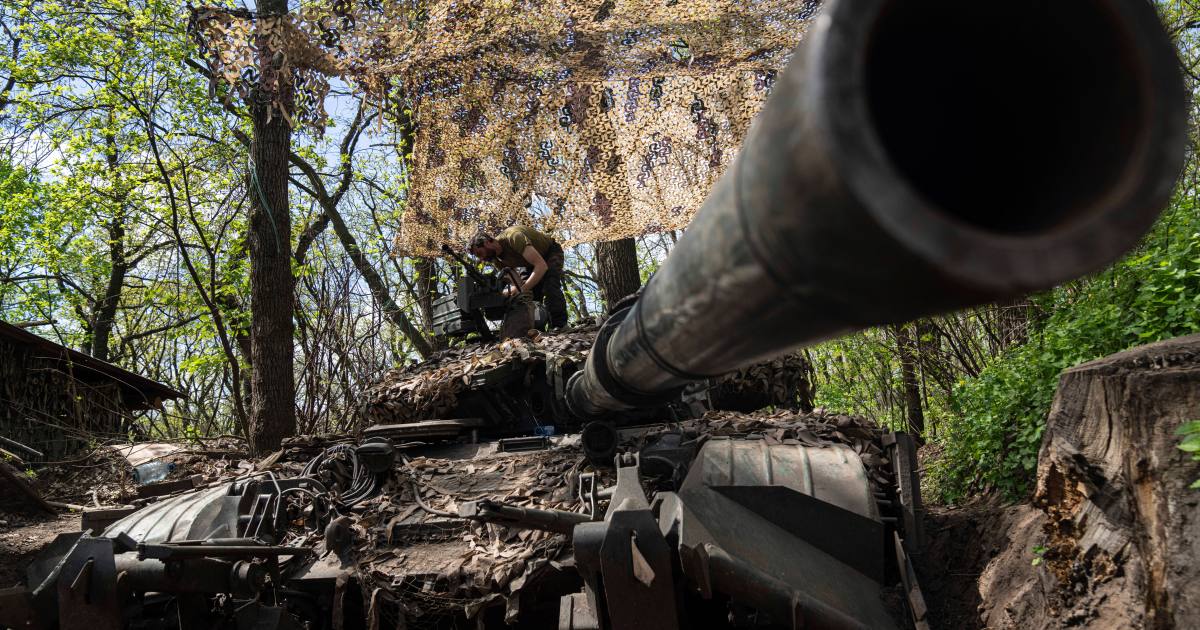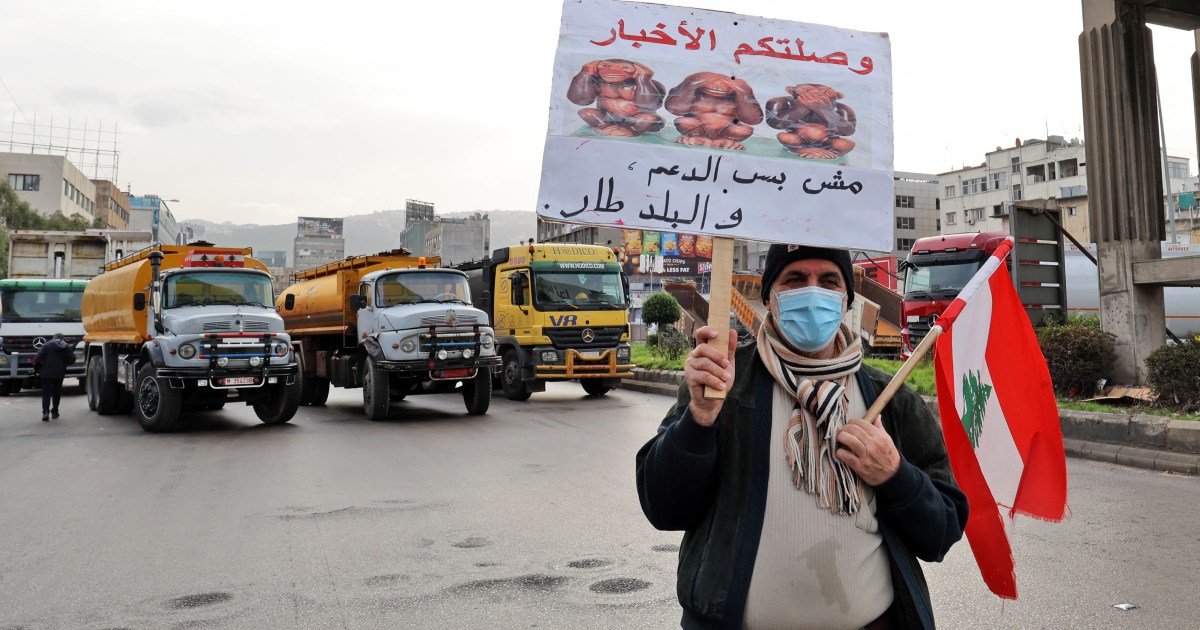Why is the war in Ukraine causing a global food crisis? | TV Shows
On Monday, June 13 at 19:30 GMT:
Ukraine war
The grinding war in Ukraine has entered its fourth month. Thousands of people have been killed and millions have been driven from their homes since the Russian invasion began on February 24.
While a degree of normality has returned in and around the capital city, Kyiv, fighting rages on in the eastern and southern regions of the country. Ukrainian and Russian forces have fought for control of Luhansk and Donetsk provinces – with civilians the majority of casualties. Last week, Ukrainian President Volodymyr Zelenskyy said Russian forces held 20 percent of the country.
The war is also having a huge effect on people thousands of miles away who are now facing rising food costs – and, in some places, a full-blown food supply crisis. Ukraine is one of the world’s biggest grain and food oil exporters, and Russia’s blockade of Ukraine’s Black Sea ports is choking global food supply chains. Moscow blames this on Western-imposed sanctions that restrict its own exports of grain. Turkey has mediated talks with both Russia and Ukraine, as an estimated 22 million tonnes of Ukrainian grain remain trapped inside the country.
We will discuss some of the latest news out of Ukraine, and ask how global hunger exacerbated by the war can be alleviated.
Nepal rape laws
A former child actor and model sharing her story of being drugged and raped has women’s rights activists in Nepal calling for a massive overhaul to the penal code. In a series of TikTok posts the now 24-year-old says she was attacked eight years ago by a beauty contest organiser, who also took photos and videos of her and went on to blackmail her.
Activists are demanding swift justice for victims of sexual violence, but also a change to Nepal’s restrictive statute of limitations in cases of sexual crimes. Under the country’s current penal code, complaints of rape and other sexual violence must be filed within one year of the date the crime was committed.
Survivors of sexual crimes in Nepal face widespread stigma, harassment and victim-blaming – and many are afraid to file complaints. A 2021 report revealed that almost two-thirds of the thousands of rape cases filed in Nepal every year do not end in conviction.
We will discuss how the TikTok posts have sparked a conversation on sexual violence in Nepal, and examine activists’ efforts to change the law.
January 6 hearings
The January 6 House committee looking into the attack on the US Capitol in 2021 began public hearings on June 9. The actions of former President Donald Trump have been scrutinised by the nine-member panel tasked with investigating the riots. In a prime-time session, lawmakers also stressed that the assault on the Capitol was planned in advance and was not a spontaneous attack in the wake of a Trump rally near the White House.
In the coming weeks, the committee will share information gleaned from more than 1,000 depositions and interviews, as well as 140,000 documents it has gathered since it was established last summer.
However, Republicans have pushed back on the hearings as a partisan “witch hunt”, while questioning the panel’s legitimacy.
We will discuss some of the committee’s initial findings and ask what its effect on US public opinion will be.
In this episode of The Stream, we are joined by:
Charles Stratford, @stratfordch
Correspondent, Al Jazeera English
Dechen Lama, @fwld1995
Human rights lawyer, Forum for Women, Law and Development
Heidi Zhou-Castro, @HeidiZhouCastro
Correspondent, Al Jazeera English





Pingback: ติดเน็ตบ้าน เอไอเอส